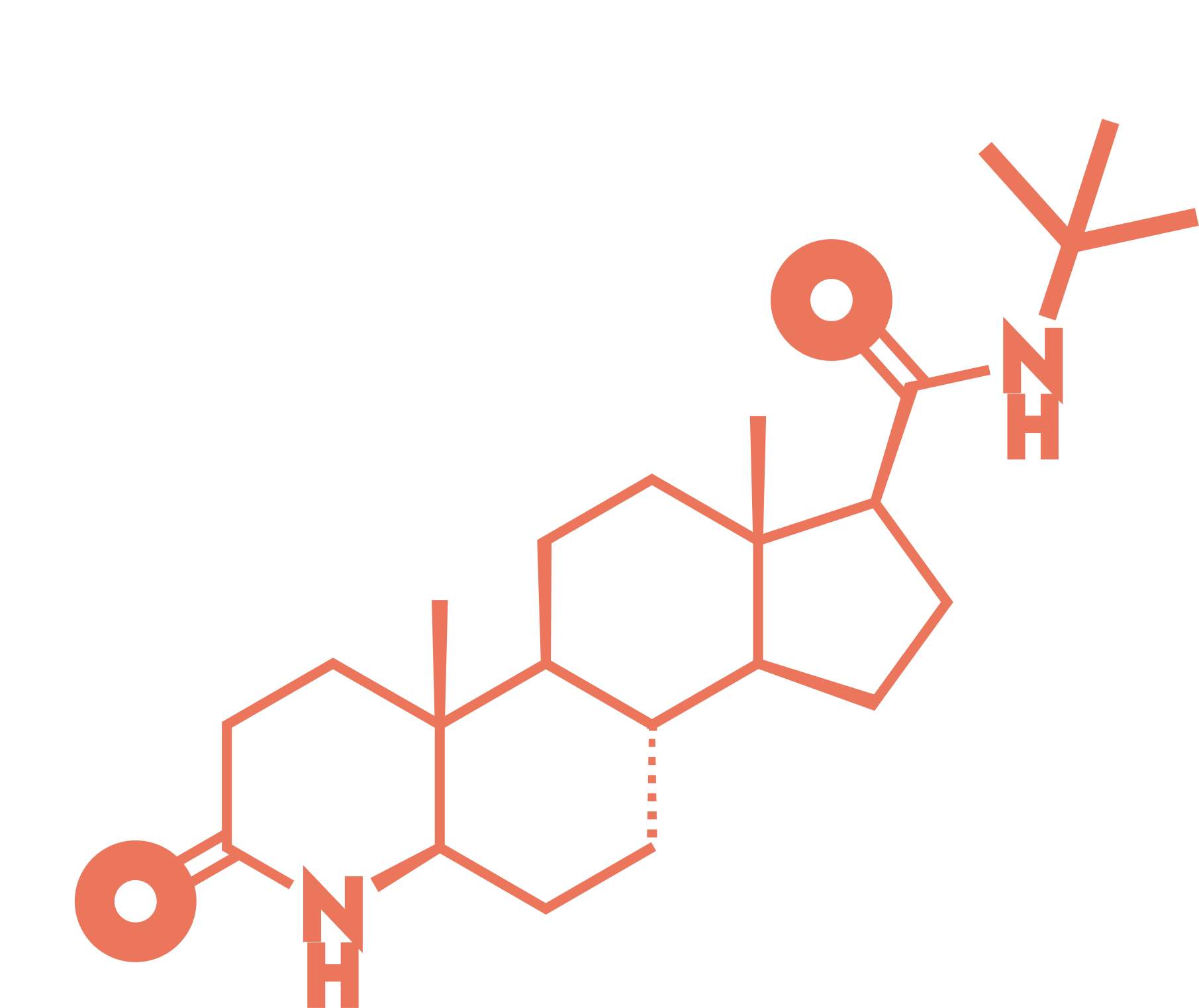Are you struggling with hair thinning and its emotional toll it takes on your self-confidence and self-esteem?
Unlock the secrets to thick hair with our scientifically backed tips and treatments. Discover how a holistic approach can transform your hair health and boost your confidence.
Discover the science behind hair loss and how incorporating healthy living practices can enhance your treatment and promote overall hair health.
Hair loss is a concern that affects many individuals, but addressing it goes beyond simply using medications. By incorporating healthy living practices into your hair loss treatment regimen can significantly enhance the results and overall hair health. This article provides tips on diet, exercise, and lifestyle changes that support hair health and explains how combining these tips with treatment can lead to optimal outcomes.

Their lack of science, your lack of hair…
NuGrowthRx™
Science based evidence to grow your hair.
“Proven results backed by research to stimulate and sustain hair growth.”
Tips on Diet for Hair Health
- Protein-Rich Foods: Hair is primarily composed of keratin, a type of protein. Including sufficient protein in your diet is essential for hair growth and strength. Foods such as lean meats, fish, eggs, beans, and nuts are excellent sources of protein.
- Omega-3 Fatty Acids: Omega-3 fatty acids nourish hair and support healthy hair growth. Incorporate fatty fish like salmon, mackerel, and sardines into your diet. For vegetarians, flaxseeds, chia seeds, and walnuts are good alternatives.
- Vitamins and Minerals:
-
- Vitamin A: Promotes healthy scalp and hair. Found in sweet potatoes, carrots, and spinach.
- Vitamin C: Aids in collagen production and helps in the absorption of iron. Found in citrus fruits, strawberries, and bell peppers.
- Vitamin E: Improves blood circulation to the scalp. Found in almonds, sunflower seeds, and avocados.
- Iron: Essential for oxygen supply to hair follicles. Found in red meat, leafy greens, and lentils.
- Zinc: Supports hair growth and repair. Found in oysters, beef, and pumpkin seeds.
- Biotin: A B vitamin that strengthens hair. Found in eggs, almonds, and whole grains.
- 4. Hydration:
Drinking plenty of water keeps your scalp hydrated and supports the overall health of your hair.
Tips on Exercise for Hair Health
- Cardiovascular Exercise: Activities like jogging, cycling, and swimming increase blood circulation, including to the scalp, which helps in delivering essential nutrients and oxygen to hair follicles.
- Strength Training: Incorporating weightlifting and resistance exercises can help in reducing stress, which is a common cause of hair loss.
- Yoga and Meditation: These practices help in managing stress levels, promoting hormonal balance, and improving overall well-being, which indirectly supports hair health.
Lifestyle Changes for Hair Health
- Stress Management: Chronic stress can lead to hair loss conditions such as telogen effluvium. Engage in stress-reducing activities like yoga, meditation, deep-breathing exercises, and hobbies you enjoy.
- Adequate Sleep: Ensure you get 7-8 hours of quality sleep per night. Sleep is crucial for the body’s repair processes, including hair growth.
- Scalp Care: Regularly massage your scalp to stimulate blood flow. Use gentle, sulfate-free shampoos and avoid excessive use of heat styling tools that can damage hair.
- Avoid Smoking and Limit Alcohol: Smoking and excessive alcohol consumption can negatively affect hair health. Smoking reduces blood flow to the scalp, while alcohol can dehydrate and weaken hair.
How Combining Healthy Living Tips with Treatment Enhances Results
Combining healthy living practices with hair loss treatments such as Finasteride, Dutasteride, Minoxidil, and Spironolactone can lead to more effective and sustainable results. Here’s how:
- Enhanced Nutrient Delivery: A balanced diet rich in essential nutrients provides the building blocks for healthy hair growth. When combined with medications that promote hair regrowth, the availability of these nutrients can enhance the effectiveness of the treatments.
- Improved Blood Circulation: Regular exercise, especially cardiovascular activities, improves blood flow to the scalp. This ensures that hair follicles receive an adequate supply of oxygen and nutrients, complementing the action of topical treatments like Minoxidil.
- Reduced Stress Levels: Stress management techniques help in maintaining hormonal balance. Since medications like Finasteride and Spironolactone work by modulating hormonal effects on hair follicles, reducing stress can improve their efficacy.
- Holistic Approach: Addressing hair loss from multiple angles—diet, exercise, lifestyle, and medication—provides a comprehensive approach. This synergy can lead to more robust hair regrowth and overall scalp health.
Sustainable Results: Healthy living habits support long-term hair health. While medications can jumpstart the regrowth process, maintaining a healthy lifestyle ensures that the benefits are sustained over time.

Conclusion
Imagine waking up every day feeling confident and proud of your hair. Incorporating healthy living into your hair loss treatment regimen can significantly enhance the results and promote overall hair health. By focusing on a balanced diet, regular exercise, stress management, and proper scalp care, you can create an environment conducive to hair growth. When these healthy practices are combined with FDA-approved medications, the synergy can lead to more effective and lasting results.
Stop waiting for miracles–start taking action for your hair!
Uncover the real reasons behind your hair loss and get a tailored plan for growth. Start your hair growth journey today and reclaim your confidence!
